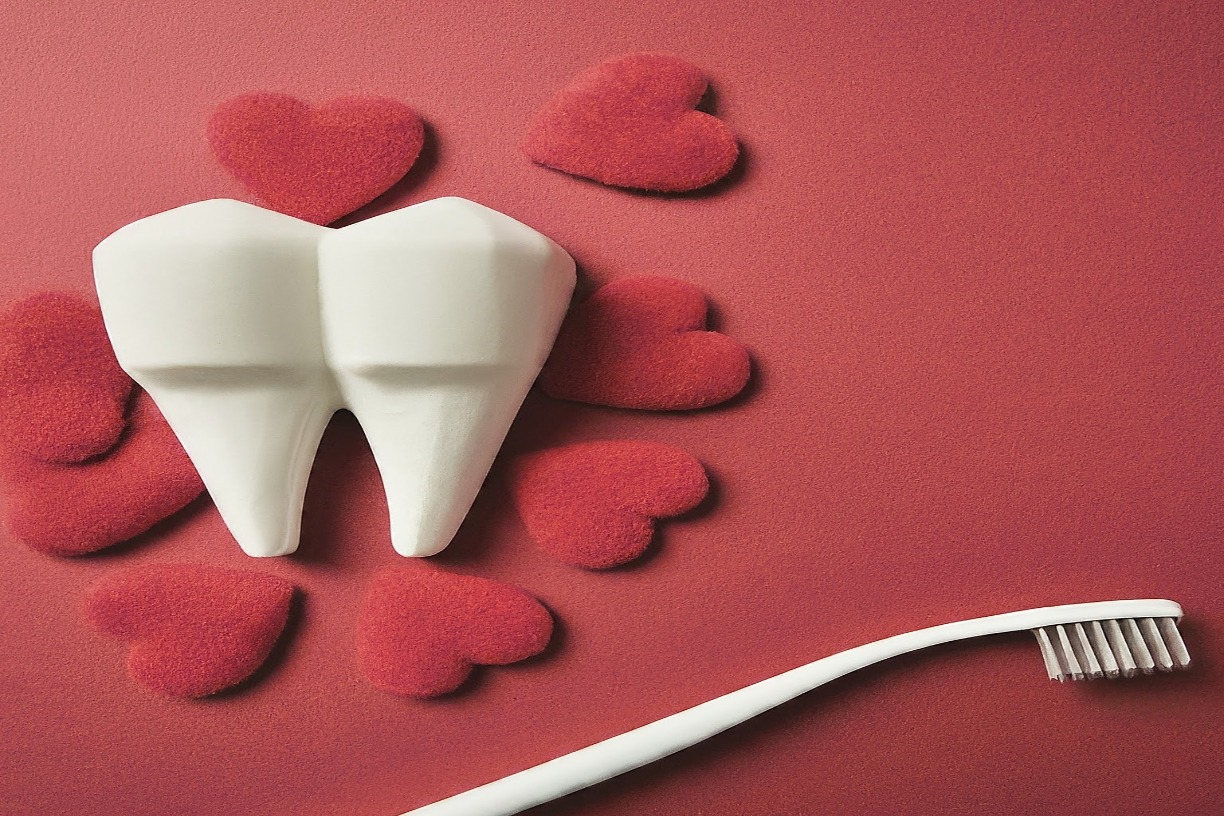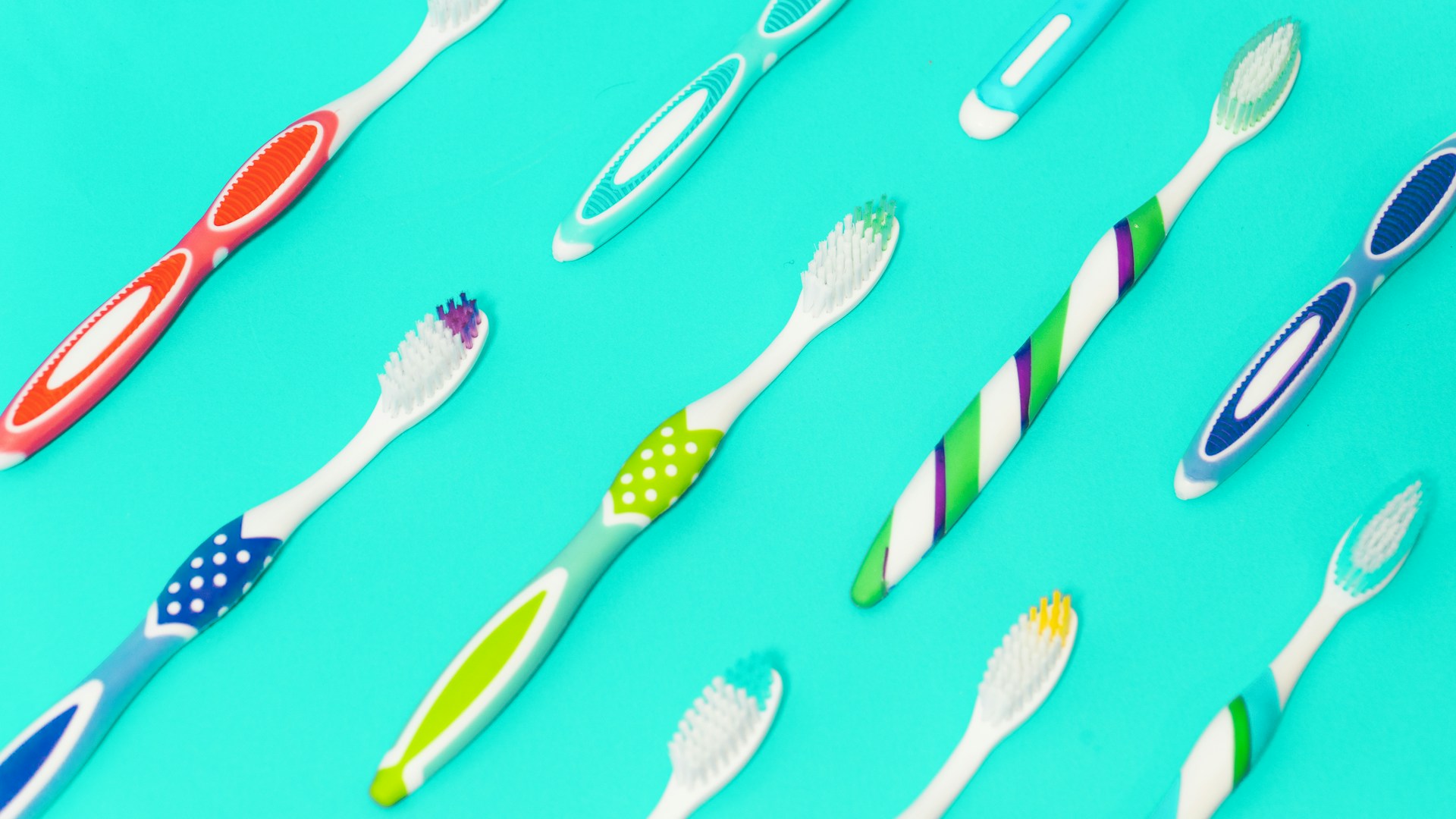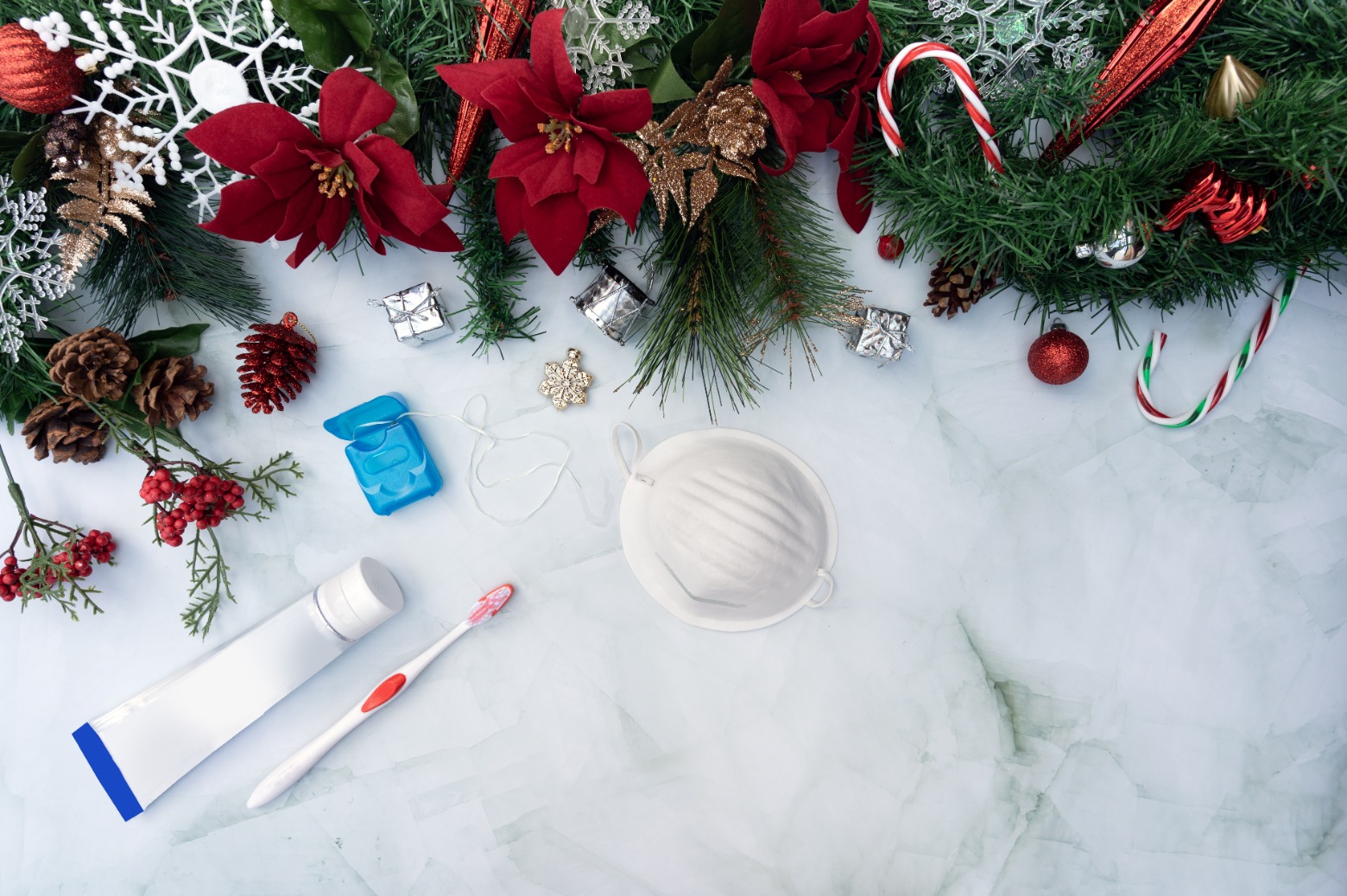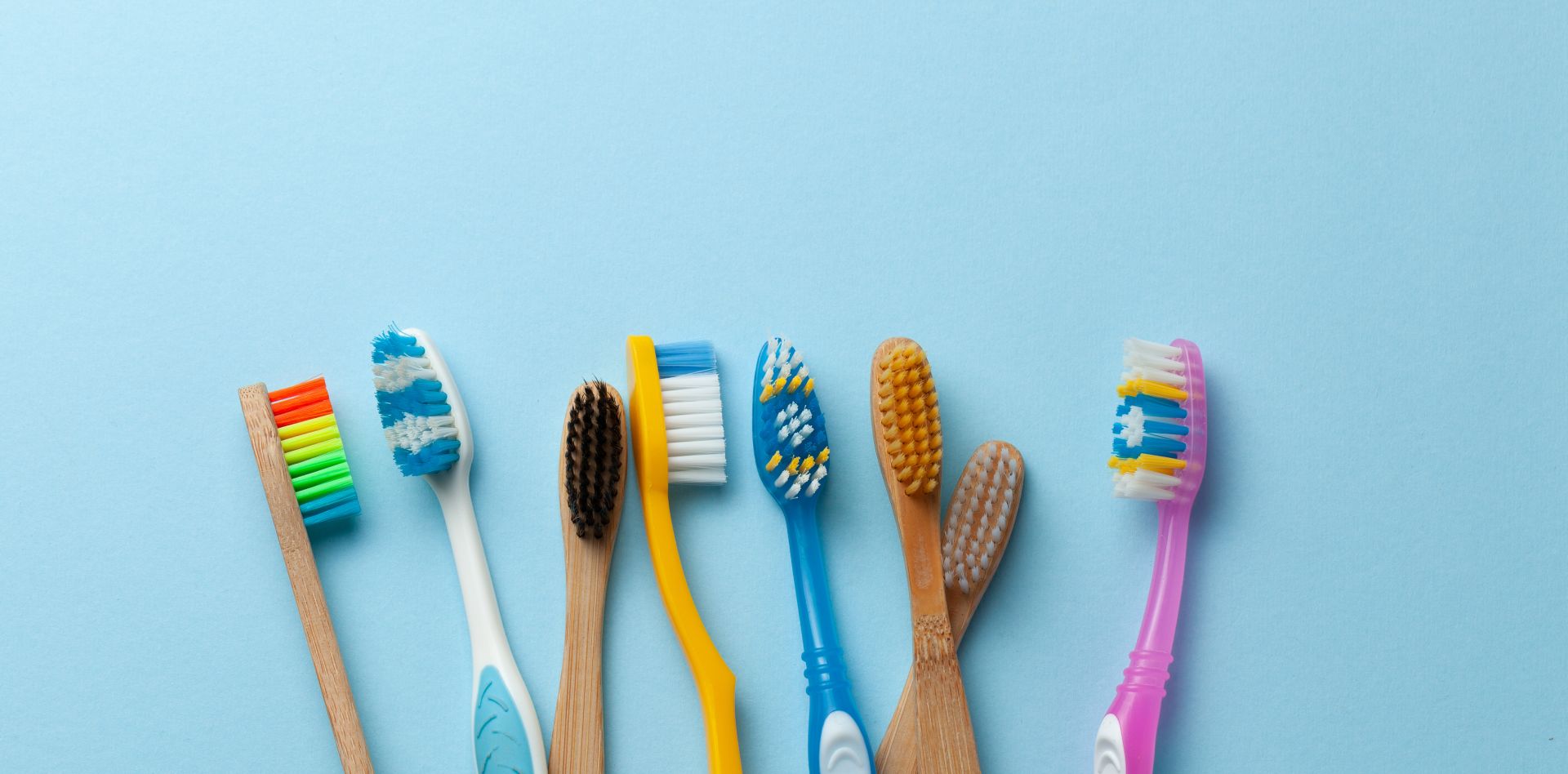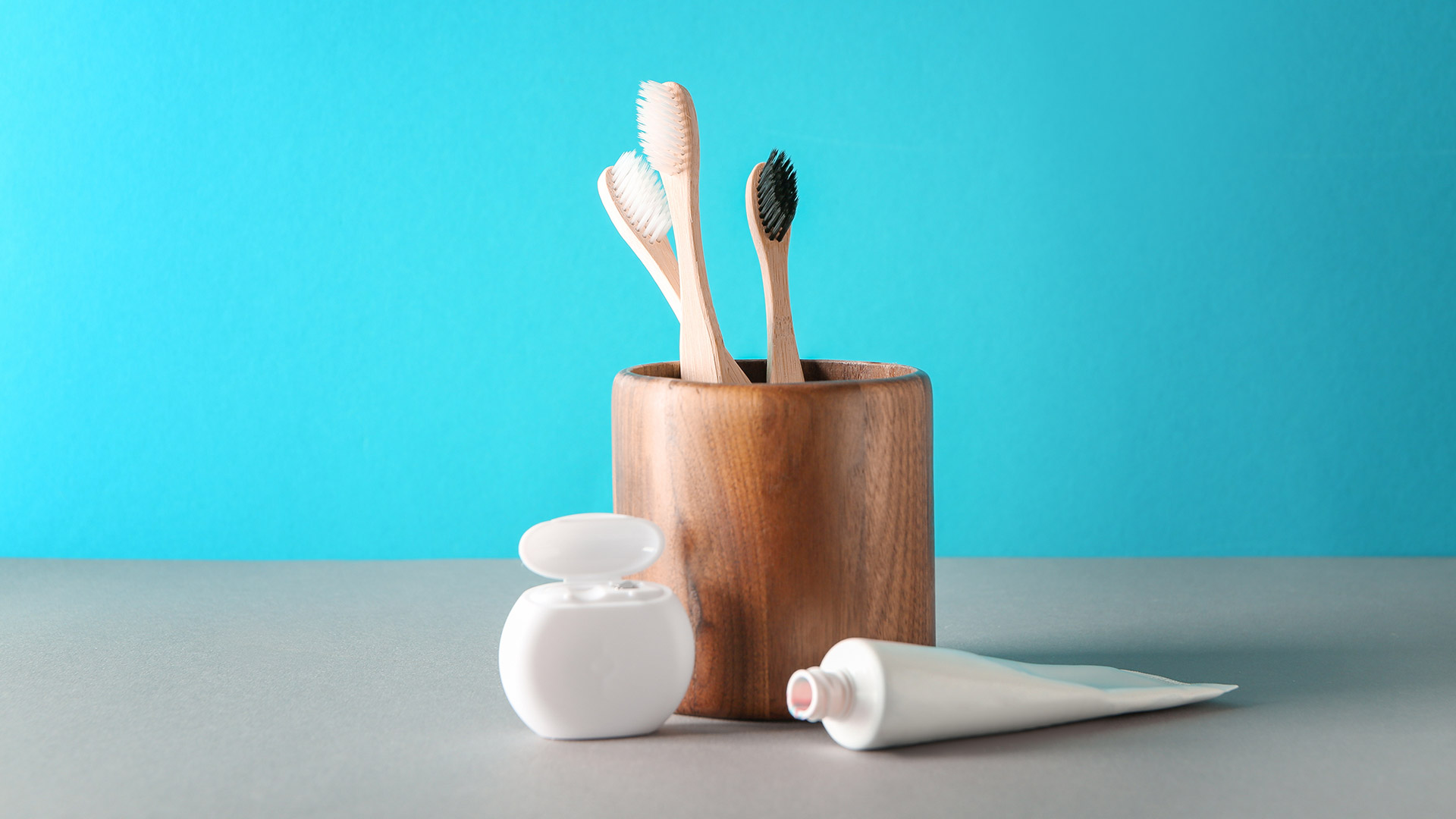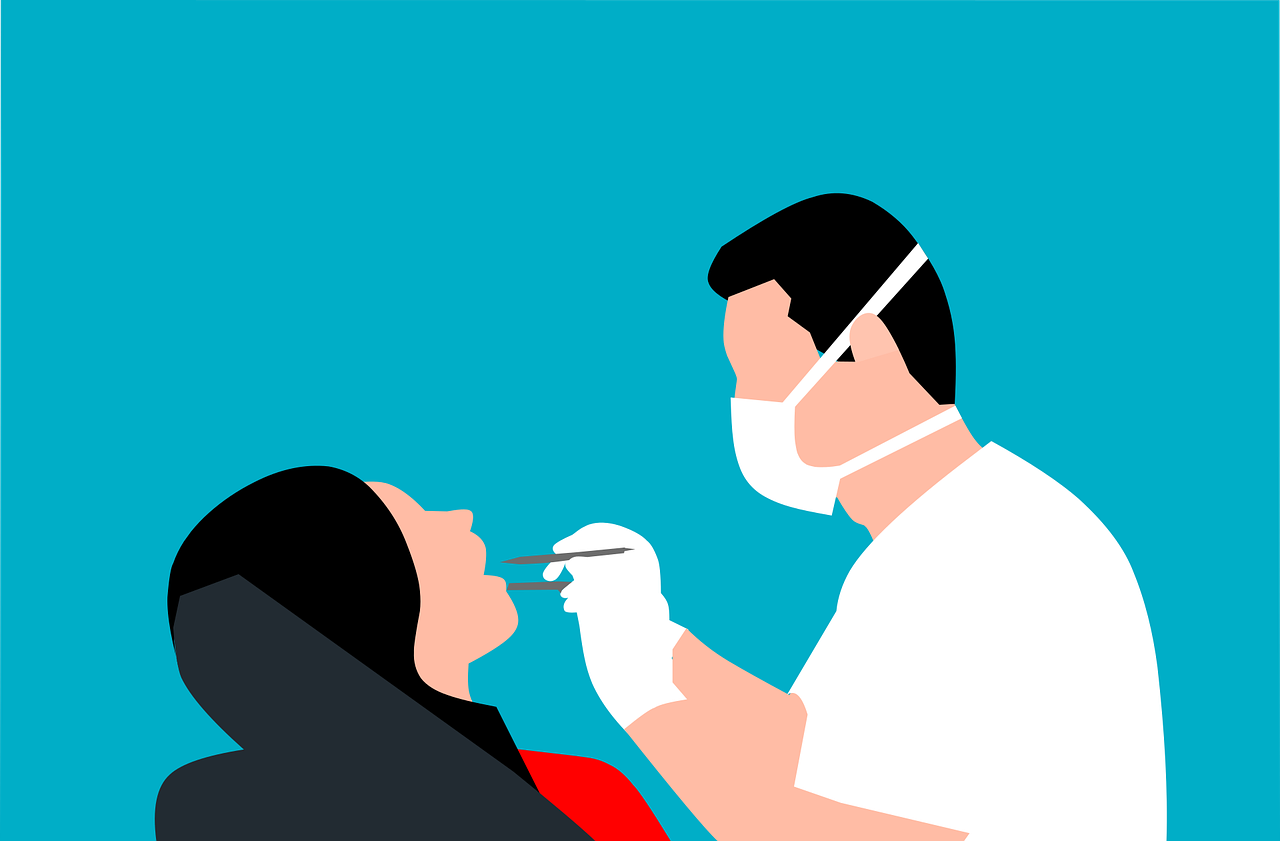Oral Hygiene
Exploring Natural Oral Hygiene Products
Consumers today are increasingly interested in natural and holistic approaches to wellness, and oral hygiene is no exception. This shift reflects a desire to understand what we put in and on our bodies, with a new breed of consumers opting for ingredients derived from nature whenever possible. At Blende Dental Group, we understand that navigating the world of oral hygiene can be confusing. While we always recommend consulting your dentist for personalized advice, we’re here to shed light on natural oral hygiene products and how you can make informed decisions for your smile.
Growing Interest in Natural Oral Hygiene Products
Recent data by Exploding Topics highlights the surge in searches for “natural toothpaste” and related keywords. This trend signifies a consumer desire for products perceived as gentler and more aligned with natural ingredients.
Louise Sinclair, writing for Colgate Professional, also explained the rise in consumer demand for natural oral care products: “As customers have become more informed about the products they use, there has been a significant shift towards natural, sustainable and ‘clean’ oral care products. With the global market for natural cosmetics and personal care products set to hit $54.5 billion by 2027, we ask: how can dental professionals manage the growing customer demand for natural oral hygiene products?”
A “clean” product, Sinclair noted, “is one that is produced in a sustainable and environmentally friendly manner, with minimal ingredients” and no additives based on synthetically manufactured chemicals.
Examples of natural oral hygiene products include:
- Herbal toothpastes and mouth rinses
- Vegan or sugar-free products
- Toothbrushes made from bamboo or wood instead of plastic
- Products and packaging made from recycled or biodegradable materials
- Chewable toothpaste tablets
- Oral probiotics
Why the Interest in Natural Oral Hygiene Products?
According to a survey by consulting firm AlixPartners, 64% of consumers say that purchasing natural or clean personal care products is important to them. Several factors contribute to this rise in demand.
- Safety Concerns: Conventional toothpastes and mouthwashes often contain ingredients like sodium lauryl sulfate (SLS), artificial colors and flavors, and triclosan, which some consumers believe can be harsh or have potential health risks. There’s limited evidence to definitively support these concerns, but the desire for natural alternatives persists.
- Holistic Wellness: Many people view oral health as an integral part of overall wellness. Natural products often align with a holistic approach to healthcare, appealing to those seeking a more natural lifestyle.
- Transparency in Ingredients: Consumers increasingly seek transparency in product ingredients. Natural products often have simpler labels, allowing for a clearer understanding of what’s going into their mouths.
- Sustainability: Natural products frequently come in eco-friendly packaging, appealing to environmentally conscious consumers.
Understanding the Types of Natural Oral Hygiene Products
Let’s delve into some popular natural oral hygiene products and explore their potential benefits.
Toothpastes
- Remineralizing Toothpastes: These natural toothpastes often contain ingredients like calcium carbonate, xylitol, and hydroxyapatite, which may help strengthen tooth enamel and fight cavities.
- Whitening Toothpastes: Natural whiteners use ingredients like baking soda, coconut oil, and papain (from papaya) that can gently polish teeth without harsh abrasives.
- Sensitive Toothpastes: Natural alternatives for sensitive teeth may contain ingredients like potassium nitrate or neem, which can help soothe discomfort.
Mouthwashes
- Herbal Mouthwashes: These alcohol-free rinses often use essential oils like peppermint, tea tree oil, or clove oil for a refreshing taste and potential antimicrobial properties.
- Probiotic Mouthwashes: These rinses contain strains of beneficial bacteria that may help maintain a healthy oral microbiome and combat bad breath.
Brushing Tools
- Soft-Bristled Toothbrushes: Regardless of the toothpaste you choose, a soft-bristled toothbrush is crucial for gentle yet effective cleaning. Eco-friendly options are typically made from recycled materials like bamboo.
- Tongue Scrapers: These tools help remove bacteria and debris from the tongue, which can contribute to bad breath.
Natural Alternatives
- Oil Pulling: This ancient practice involves swishing coconut oil or other edible oils in your mouth for several minutes to remove bacteria. While research is ongoing, some studies suggest it may be beneficial for oral health.
- Brushing with Baking Soda: Baking soda is a natural whitener and mild abrasive that can be used occasionally for a deep clean. However, it can be too harsh for daily use, so consult your dentist before incorporating it into your routine.
Examining the Science Behind Natural Products:
It’s important to understand that natural doesn’t always translate to greater effectiveness. Here’s a closer look at the science behind some popular natural ingredients.
- Xylitol: This sugar alcohol has been shown to reduce cavity-causing bacteria. However, the American Dental Association (ADA) recommends a minimum of 1,000 ppm of fluoride for optimal cavity prevention. While some natural toothpastes may contain xylitol, they may not have enough fluoride for complete protection.
- Essential Oils: Tea tree oil, peppermint oil, and clove oil all possess potential antimicrobial properties. However, their effectiveness in oral care products is not as extensively researched as fluoride. Additionally, some essential oils can be irritating if used in high concentrations, so dilution is crucial.
- Baking Soda: While effective for occasional deep cleaning, baking soda is too abrasive for daily use. It can damage tooth enamel and irritate gums.
The Dental Perspective on Natural Products
While the interest in natural oral hygiene products is commendable, it’s crucial to approach it with a balanced perspective.
Effectiveness
While some natural ingredients boast certain benefits, the level of scientific evidence supporting their effectiveness in oral care can vary. For instance, some research suggests xylitol’s potential to reduce plaque, while the evidence for the antimicrobial properties of essential oils in oral care is less conclusive.
Fluoride
Fluoride is a critical component in preventing cavities. It strengthens tooth enamel and helps reverse early signs of decay. While some natural toothpastes may contain alternative ingredients purported to strengthen enamel, fluoride remains the gold standard for cavity prevention according to the American Dental Association (ADA).
Regulation
Unlike traditional oral care products regulated by the FDA, natural products often fall under the umbrella of dietary supplements. This means the level of regulation and scientific scrutiny may be less stringent.
The Takeaway on Natural Products
Natural oral hygiene products can be a valuable addition to your oral care routine, but they may not be a complete replacement for traditional methods. Here are some key takeaways.
- Discuss your individual needs and preferences with your dentist before switching to natural products. They can help you choose suitable options and ensure you’re getting adequate cavity protection.
- Natural doesn’t necessarily mean “better” than conventional products. Natural ingredients can still be harsh or have side effects. Always prioritize dentist-approved products and ingredients.
- Fluoride remains the gold standard for cavity prevention. While some natural toothpastes may contain fluoride, they may not have the recommended 1,350 ppm for adults or 1,000 ppm for children. Look for the ADA Seal of Acceptance on toothpaste to ensure it meets these standards.
- Regardless of the product you use, proper brushing technique is crucial for optimal oral hygiene. Brush twice daily for two minutes, using a soft-bristled brush and reaching all surfaces of your teeth, including the tongue.
- Don’t neglect flossing! Flossing removes plaque and debris between teeth where brushing can’t reach.
Integrating Natural and Conventional Approaches
Creating a well-rounded oral hygiene routine often combines the best of both worlds.
- Use a fluoride toothpaste with the ADA Seal of Acceptance for daily brushing.
- Supplement your routine with natural rinses or occasional use of natural toothpaste for a refreshing change or to address specific concerns like sensitivity.
- Maintain proper brushing and flossing techniques.
Making Informed Choices
As with any consumer product, navigating the world of natural oral hygiene requires some research.
- Read Labels Carefully: Understand the ingredients and choose products with minimal, recognizable components.
- Look for Reputable Brands: Opt for brands known for their commitment to quality and responsible sourcing.
- Beware of Unfounded Claims: Don’t fall prey to marketing hype. If a product sounds too good to be true, it probably is.
- Sustainability: Consider eco-friendly packaging and brands committed to responsible manufacturing practices.
Remember, a healthy smile is a beautiful smile. By striking a balance between natural and conventional approaches, coupled with regular dental checkups and cleanings, you can ensure optimal oral health and a radiant smile for years to come.
Schedule Your Appointment Today!
At Blende Dental Group, we believe in a comprehensive approach to oral health. We’re happy to discuss your individual needs and preferences to help you develop a personalized oral hygiene routine, incorporating natural and conventional methods to achieve optimal results. For existing patients, schedule an appointment today. If you’d like to become a new patient, book a consultation with our team.
Let's brighten
that smile
The when and where are up to you.

